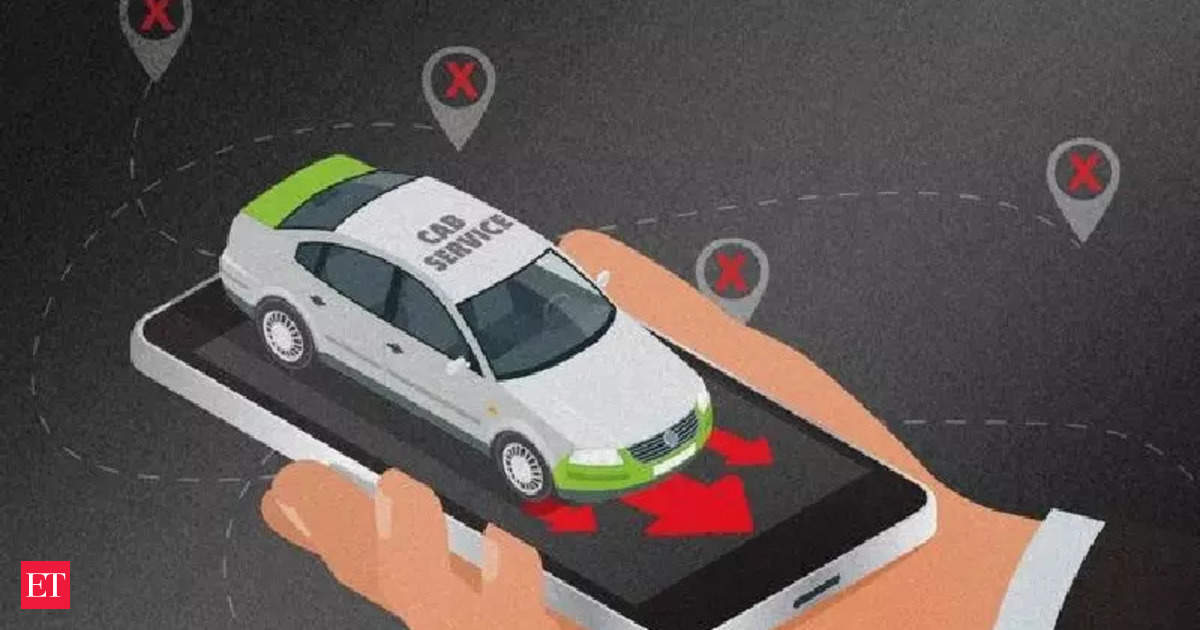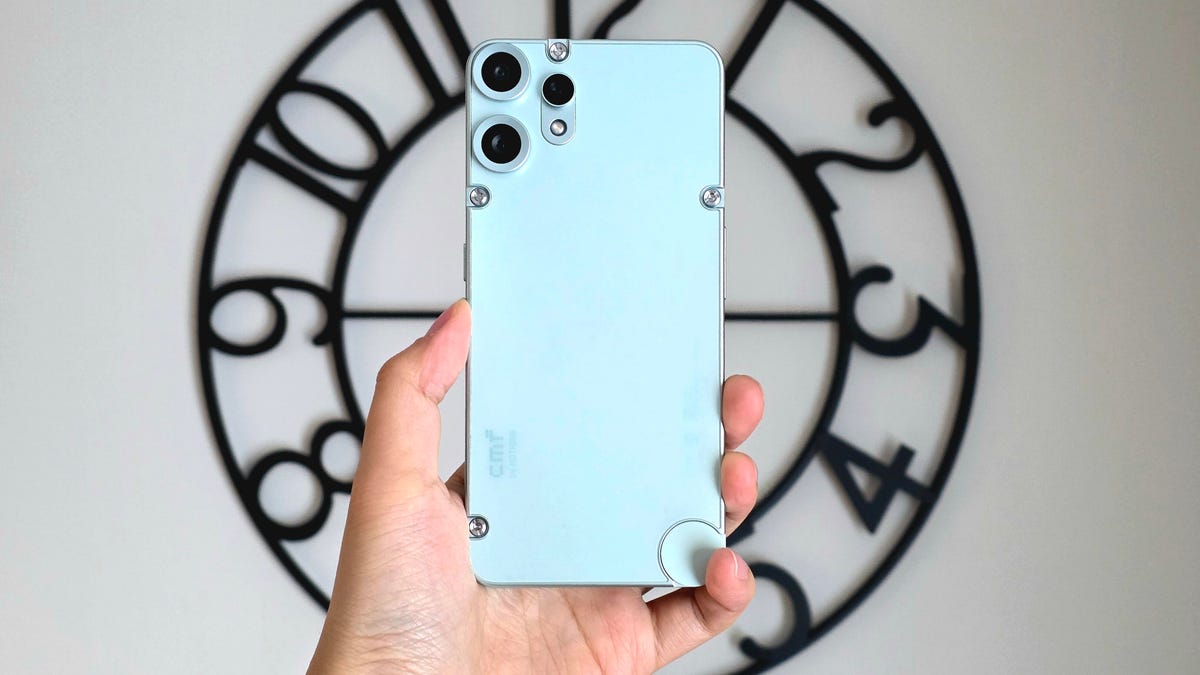Union Minister Pralhad Joshi speaks
The issue of differential pricing was first raised by Union Consumer Affairs Minister Pralhad Joshi, who termed the practices as “unfair trade practice on its face”. Joshi criticized the alleged disparity, calling it a “blatant disregard” for consumer rights. He quickly ordered the CCPA to investigate the allegations and gather more information about the problem.
Minister Joshi said, “If you book a taxi through an Android phone, the prices are different from those through iPhone. I have received numerous complaints and this has been reported to me. I have asked the Ministry of Consumer Affairs to seek more information on this issue, and the CCPA under my ministry has sent a notice to Ola and Uber seeking their response… The CCPA has given them 15 days to do so. what is differential pricing, why it is done and which applications consume information from various users… Ultimately, consumer interest is paramount under the Modi-led government. Let’s wait for the response… If there is a serious failure in the services or if the prices are significantly different, we will take the action we deem appropriate.
Uber responds with a similar clarification
Ola’s rival Uber has also received a notice from the CCPA following similar allegations. Uber responded in much the same way, saying it doesn’t base its prices on the type of phone the rider is using. “We do not set prices based on the manufacturer of a passenger’s phone. We look forward to working with the Central Consumer Protection Authority to clear up any misunderstandings,” an Uber spokesperson said in response.
The role of dynamic pricing in the controversy
The allegations relate to the practice of dynamic pricing, common in the ride-sharing industry. Dynamic pricing adjusts rates in real time based on various factors such as demand, peak times, route conditions and vehicle availability. The controversy arose when consumers claimed they were being charged different fares for identical journeys depending on whether they accessed the service via an Android or iOS device. Ola and Uber emphasized that their dynamic pricing systems are based on factors such as supply and demand. rather than the type of phone a customer uses to book a ride. However, the CCPA’s investigation aims to determine whether these practices are transparent and fair, ensuring that consumers are not unfairly charged. The Central Consumer Protection Authority (CCPA) is a statutory body established to protect the rights of consumers and ensure that businesses comply with fair trading practices. Following consumer complaints regarding discrepancies in fares, the CCPA took action and issued notices to Ola and Uber, seeking detailed responses regarding their fare structures.
Union Minister Pralhad Joshi, known for his interest in consumer rights, has spoken out to ensure that companies comply with consumer protection regulations. His comments reflect the government’s commitment to protecting consumers from unfair trading practices. The CCPA’s ongoing investigation could lead to further scrutiny of pricing structures within the ride-hailing industry, which could lead to regulatory changes aimed at improving transparency.










